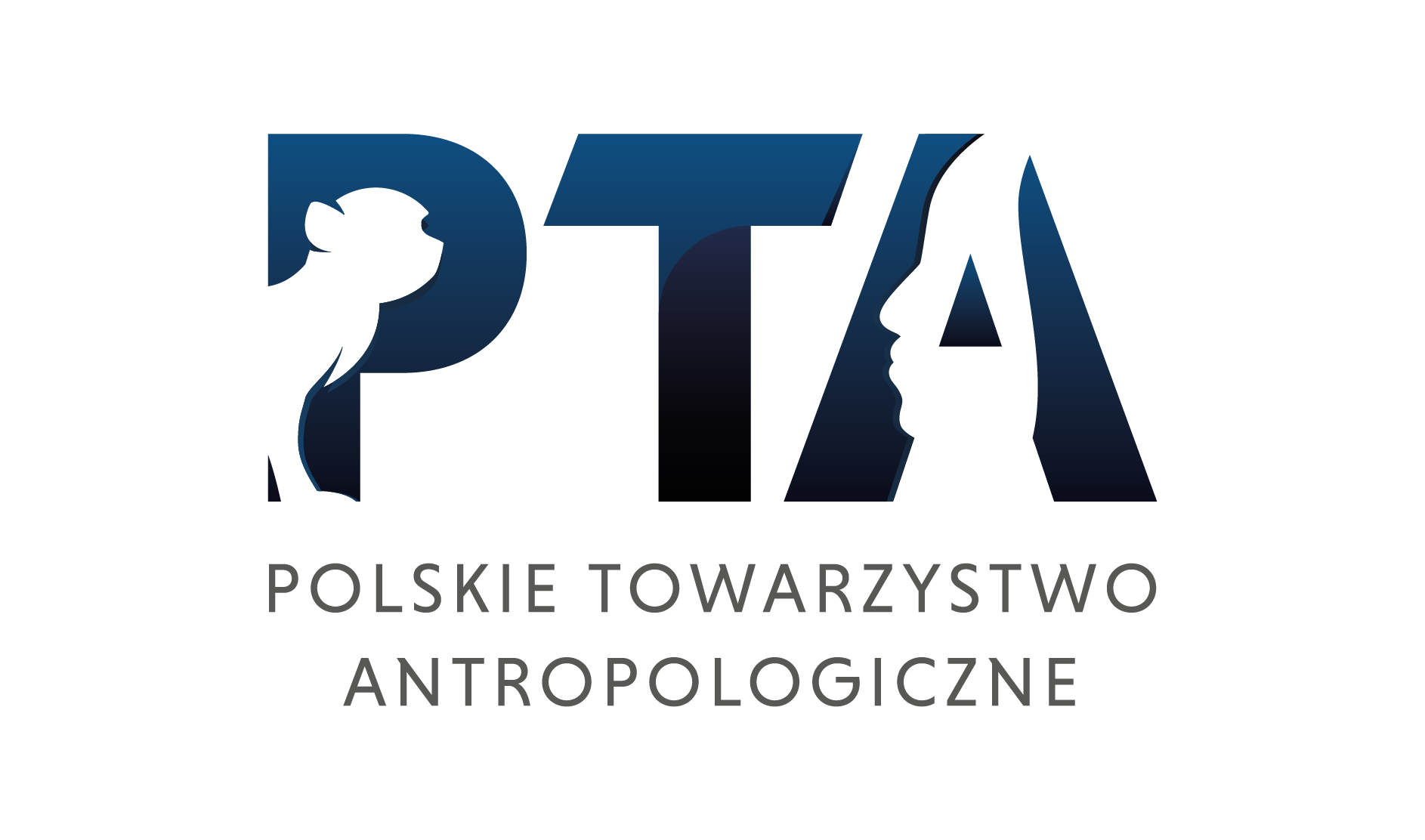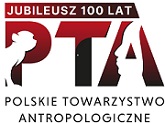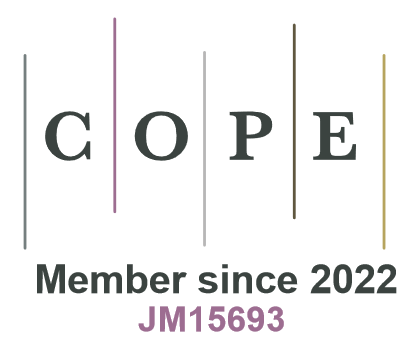Odzsnioscopie analysis of human remains from crematory burials
DOI:
https://doi.org/10.18778/1898-6773.47.2.03Abstract
In order to stale possibility of edontoscopie examinations of human remains frem crematory burials, morphelogieal structures of permanent teoth crown germs have been observed in children aged 6-14 from 139 graves of Pommeranian Culture (V-IIc. B.C) excavated at various (226) archeological sites. Traditionaly examined odontological crown structures have been observed: shovel-shaped form of maxillary incisors, occlusal patterns of premolars, muxillary molars (hypocone reduction) and mandibular ones (cusp reduction and type of furrows separuting them), eventualiy, tuberculum Carabelii on first maxillary molar. Lack of attrition en veclusal surface enables particular observations of odontoglyphie elements such as 1pa on the first maxillary molar, endings of 2med on the first mandibular molar and type of lend and 2end furrows on the second mundibular molar. From observations of all previously mentioned struciures it may be seen that morphological characteristics of remains from cremutory burials may be widened to odortsscopic description of tooth crowns as well as to odontoglyphics for permanent tooth cova germs are preserved in an almost intact state. The results obtained for frequencies of examined crown elements are very similar to Polish and European skeletal populations from various historical periods except for tuberculum Carabelli cad mandibular molars reduction. These dental traits demostrate specific adaptive s in the dentition of described group.
Downloads
References
Kaczmarek M. 1980, Morfologia uzębienia stałego wczesnośredniowiecznej trudności z Cedyni, Przegl. Antrop., 46, 37 - 44.
View in Google Scholar
Sakai T., 1975, The Dentition of the Hawciians, J. Anthrop. Soc. Nip. 83, 1, 49 - 85.
View in Google Scholar
DOI: https://doi.org/10.1537/ase1911.83.49
Stęślicka W. 1948. Wzór dryopitekoidalny na molarach żuchwy człowieka, Anniles UMCS, Sectio C. 3, 6, 195 - 222,
View in Google Scholar
Stęślicka W. 1967, Morfologia uzębieniu średniowiecznej ludności Pomorzu i Kujaw, Acta Univ. Wralisl. 56, Studia Archeol. 3, 357 - 370.
View in Google Scholar
Stęślicka W. 1970, Badania morfologiczne uzębienia mlecznego i trwałego mieszkańców Gruczna z XII i XIII w. Zeszyty Nauk. UMK w Toruniu 22, biol. XII, 43 - 77.
View in Google Scholar
Zubov A. A. 1968, Odontologija, metodika antropologičeskich issledovanij, Nauka, Moskwa.
View in Google Scholar
Zubov A A, 1968, O rasovo-diagnostičeskom značenii nekotorych odontologičeskich priznakow, Sov. Etnogr. 3, 49 - 59.
View in Google Scholar
Zutbov A. A, 1973, Etničeskaja odontologija, Nauka, Moskwa.
View in Google Scholar
Zubov A. A, 1977, Odontoglyphics: the Laws of Variation of the Human Molar Crown Microrelief |w]: Orofacial Growth and Development, A. A. Dahlberg i Th. M. Graber ed., Mouton Publishers, Hague, Paris s. 269 - 282.
View in Google Scholar
DOI: https://doi.org/10.1515/9783110807554.269
Downloads
Published
How to Cite
Issue
Section
License

This work is licensed under a Creative Commons Attribution-NonCommercial-NoDerivatives 4.0 International License.








